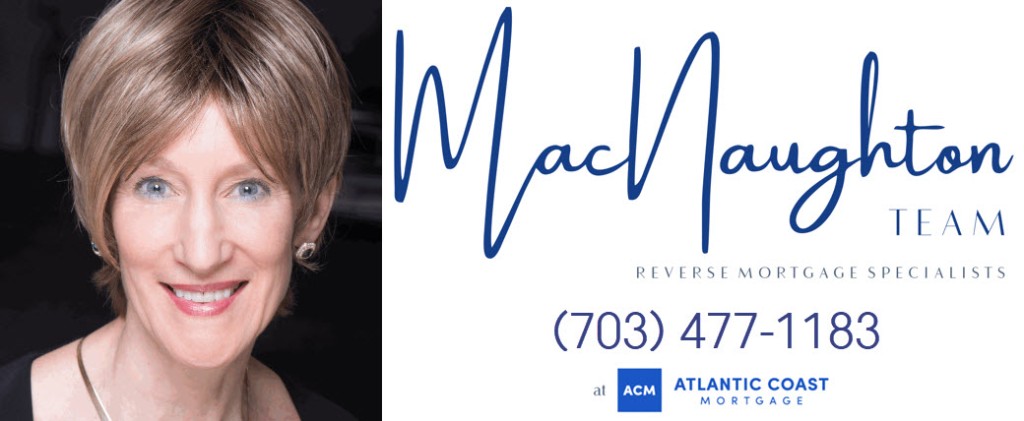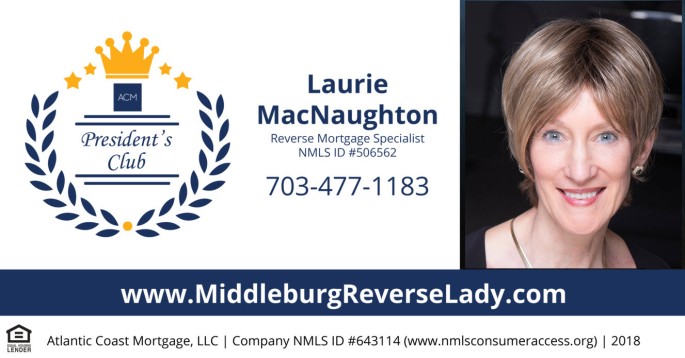Laurie Denker MacNaughton © 2023
Most of us get very judgy when it comes to money. I don’t know why.
Yesterday I had a closing with a very old, very dear couple, both of whom were groundbreaking professionals in their respective fields.
Both have pensions, both have Social Security—and both had significant savings.
Those savings are now long gone, and the guaranteed income is just not enough to meet their care needs.
At the closing table the husband said to me, “We don’t want our friends to know we’re doing a reverse mortgage—but we need money. We never expected to live this long.”
Yup, I hear you. When you were born, dear one, your life expectancy was more than three decades shorter.
But why the stigma? YOU put money into this house, and now you’re taking some of it out.
A reverse mortgage is just home equity mortgage. But it’s a mortgage that has no required monthly payment. The loan will be repaid—but it’s repaid on the back end, in reverse, when the homeowners no longer reside in the home. The rest of the equity belongs to the heirs.
Punto.
That’s it. End of story.
I could go on about the needless financial stress our aging endure… but I won’t.
This I will say: a reverse mortgage won’t be a fit for everyone. But if an aging loved one in your life is struggling financially, call me. Let’s see whether a reverse mortgage might be part of the solution.
Blessings to you and yours in this season.
Laurie









